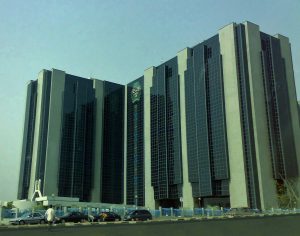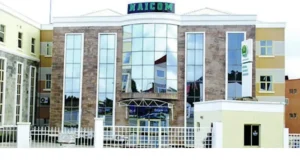
Nigeria’s headline inflation rate eased to 20.12% year-on-year in August 2025, down from 21.88% in July, according to the National Bureau of Statistics (NBS). This marked the fifth consecutive monthly decline, showing signs of cooling inflationary pressures in key sectors.
Food inflation, a primary driver of rising prices, also moderated — falling to 21.87% in August from 22.70% in July.
On a month-on-month basis, overall inflation increased by 0.74%, while food inflation rose 1.65% compared to July.
Urban inflation dropped to 19.75%, slightly below rural inflation, which held at 20.28%, reflecting a narrowing gap between price increases in city versus countryside markets.
The consumer price index rose to 126.8 in August 2025, up from 125.9 in July.
Analysts point to several factors behind the slowdown: easing staple food prices ahead of harvests, modest stability in the foreign exchange market, and the statistical adjustments from the rebasing of the CPI base year.
With inflation steadily easing, there is growing speculation that the Central Bank of Nigeria (CBN) may consider lowering its benchmark interest rate in upcoming monetary policy meetings.
While the decline provides some relief to consumers and businesses facing high costs, economic watchers caution that inflation remains elevated and vulnerable to shocks — particularly in food and energy markets. The challenge now is sustaining the disinflation trend and ensuring that gains in price stability translate into improved living standards.





